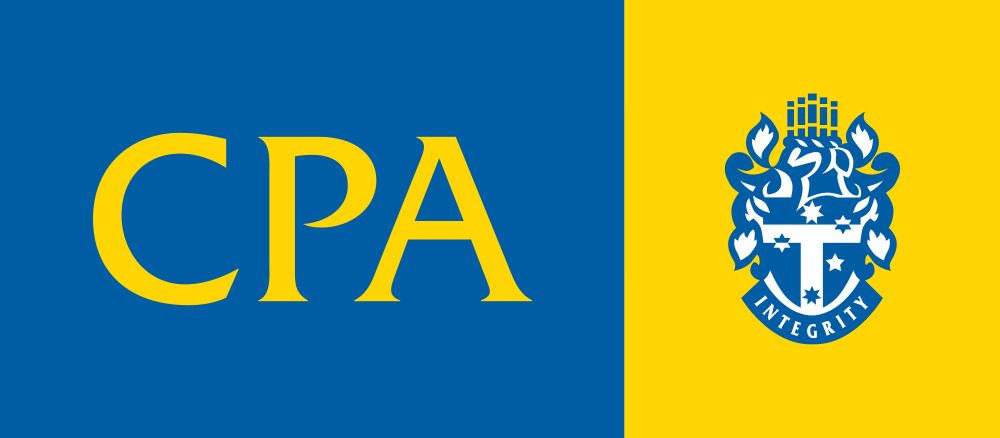Phone: 08 9842 5155
What happens when a Discretionary Trust Vests?
There is a lot of confusion as to what happens when a Discretionary Trust reaches its vesting date, in particular:
- Does the trust automatically wind up?
- What happens to the assets of the trust?
Interestingly enough, from a legal position it is in fact the beneficiaries' interest that vests on vesting date, not the trust itself.
On that date, the beneficiaries' interests in the assets of the trust become fixed. The trustee then holds the trust property for the absolute benefit of those beneficiaries who are specified in the Trust Deed as the takers on vesting. This does not mean that the trust itself comes to an end. In other words, the trust becomes a fixed trust rather than a discretionary trust.
In reality, a trustee may have a practical problem in the event that the takers on vesting are deceased by the vesting date as many trusts will vest up to eighty years after establishment. In many cases, the deed will contemplate this (e.g. by providing a cascade of alternative takers on vesting), but in the event that the deed is silent, the trustee may need to seek an order from the Supreme Court to determine the consequences under the trust law.
As a Trustee or Director of a Corporate Trustee of a Discretionary Trust, what should you be doing now?
Read the Deed!! This will tell you what the vesting date is and which beneficiaries are specified as the takers on vesting. If the Deed is not clear or you do not understand the terminology (very common with legal documents!), speak to your accountant or solicitor.
If you wish to distribute capital to beneficiaries other than the specified takers on vesting, you should investigate the financial consequences (including capital gains tax and stamp duty) of distributing them prior to vesting date. The Deed will provide the necessary information about any restrictions on distributing capital to beneficiaries.
Most importantly……..
Get the advice you need from one or more professionals to minimise risk and secure the assets you hold in discretionary trusts.
Contact Us
Office Location
234 Stirling Tce
Albany, WA 6330
Australia
Postal Address
PO Box 5445
Albany, WA 6332
Australia
Secure Client Login
CPA Australia
 Partner Logo Name
Partner Logo Name
We're proudly partnered with...
 Partner Logo Name
Partner Logo Name
 Partner Logo Name
Partner Logo Name
 Partner Logo Name
Partner Logo Name
